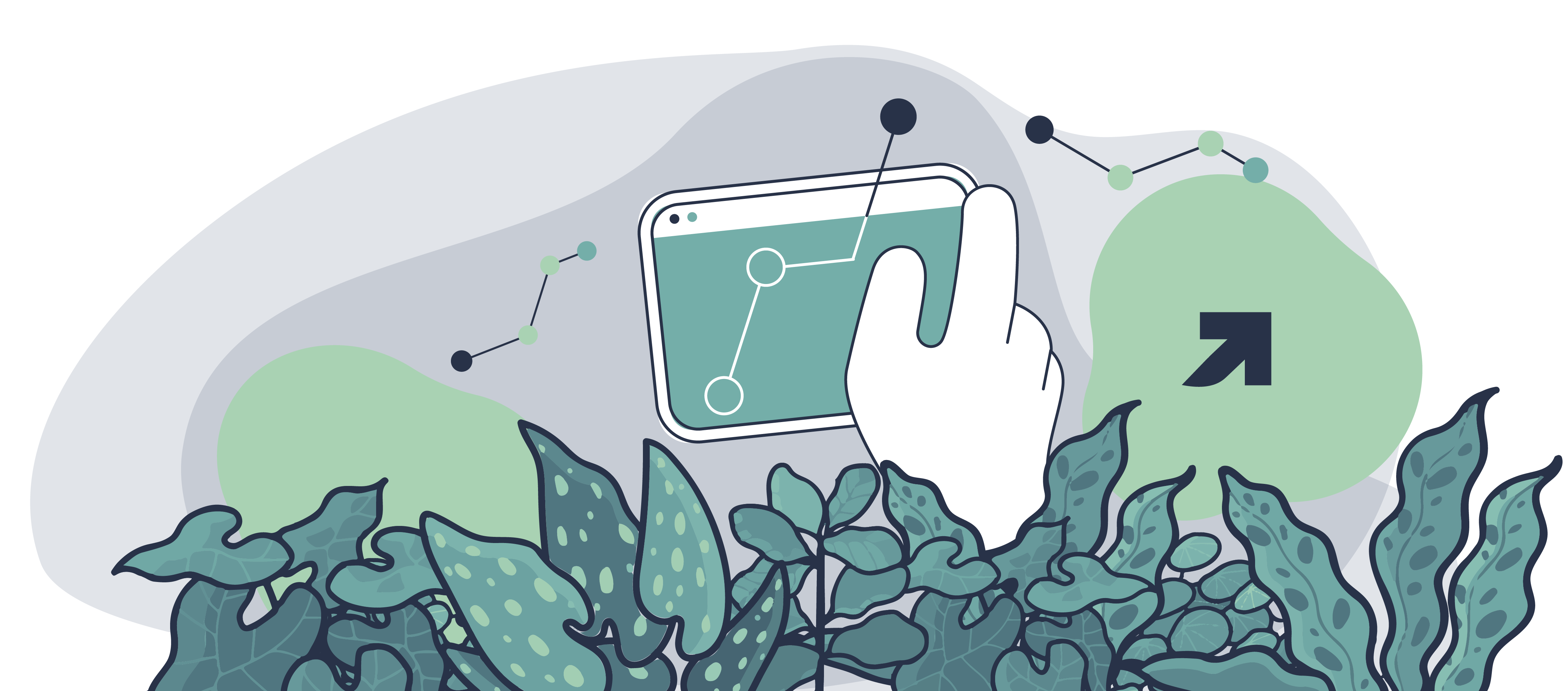
Is Traditional Productivity Measurement Still Relevant in Today’s Work Environment?
There’s a growing recognition that traditional metrics for measuring productivity may not fully capture the complexities of modern workplaces. As

In case you haven’t heard, the AI revolution is coming, and recruitment is no exception. If you ask the robots themselves – Microsoft’s ChatGPT-powered model in this case – they’ll tell you “65% of recruiters currently use AI, and 67% say it has improved the hiring process.”
Both these statistics are taken wholesale from a single source – a thinly-described study. Instantly, the alarm bells start ringing. How many other credible resources say that recruiters are all obsessed with AI? When you look around your office or speak to other recruiters, how often is AI coming up?
The reality is notably more complex. In fact, recent data from the Recruitment and Employment Confederation reports that only 8% of HR professionals are using AI—and only 3% say they intend to use it next year. The idea of AI reinventing what we do overnight is, quite simply, a myth. And it’s not the only one.
Myth 1: We need AI to filter applications faster
By definition, artificial intelligence is really good at handling large volumes of information. Digging through thousands of applications might take you a few days, but an AI model can do it in seconds—and usually with a higher degree of precision and accuracy.
However, amid an ongoing candidate shortage, few recruiters are urgently looking for ways to screen huge volumes of candidates. A simpler automated scan can pick up on obvious issues like missing experience, leaving you to pick up on more complex cues like soft skills and cultural fit. These are the traits that great placements depend on—and any AI-based platform to identify them is, for now, expensive and complex to use.
Myth 2: AI lets candidates cheat the system
Whether you noticed or not, there’s a good chance you’ve already received cover letters and CVs that have been at least co-written by a generative AI tool. These tools, like ChatGPT, let candidates generate text to suit almost any application, based on data from around the internet.
The most critical resource for any recruiter will always be the facts and attitude—the experience, skills, qualifications, and apparent mindset of the candidate. In many ways, using AI isn’t all that different from asking a trusted friend to glance over your application—a way to check everything is good to go, not to invent an entirely new candidate.
Myth 3: AI is going to replace skilled, capable recruiters
In the coming years, there’s no doubt that AI will continue to evolve and undertake more complex tasks. At the same time, the technology will become more affordable and accessible to every recruitment business.
What does that mean for recruiters? Not a way for your skills to be replaced, but a way for you to spend more of your time putting those skills to work. As AI adoption gathers pace, recruiters are more able to focus on complex, nuanced tasks—not the manual handling that machines could do for us.
As ever, effective recruiter training will continue to be key. More than ever, recruiters need a structured way to learn, develop their skills, and grow into their roles.
AI isn’t coming to replace every recruiter—but it might just replace the ones who haven’t maximised their capabilities with regular, targeted learning and development.
In conclusion, AI in recruitment is a powerful tool, but it’s not the silver bullet that will revolutionise the industry overnight. Recruiters should embrace AI as a valuable assistant rather than a replacement for their skills and expertise. By dispelling these myths, we can better understand the role of AI in recruitment and work to harness its potential for the benefit of both candidates and employers.

There’s a growing recognition that traditional metrics for measuring productivity may not fully capture the complexities of modern workplaces. As

The workplace landscape has undergone a seismic shift in recent years, with the COVID-19 pandemic accelerating changes in business models,

With tools for performance management, they might not focus on developing broader people expertise across the organisation. Implementing